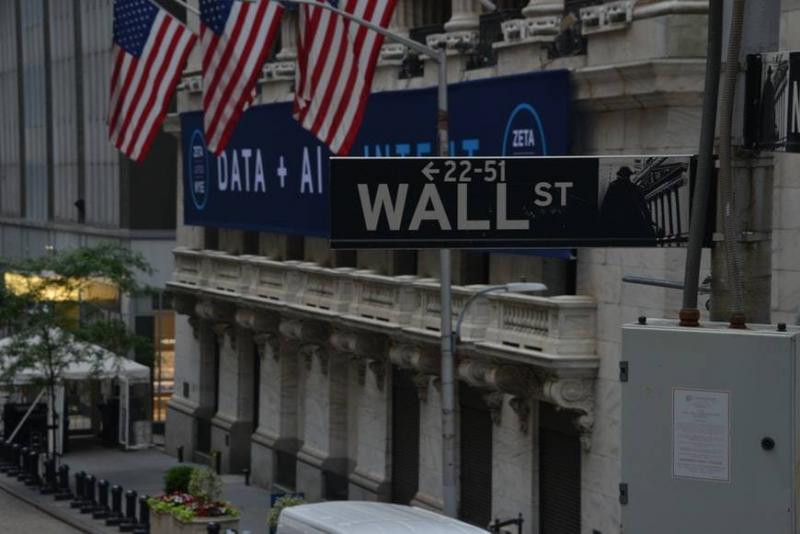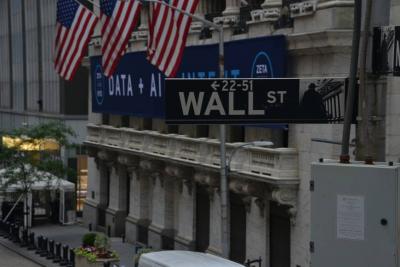Last year, global debt reached a record level of $226 trillion, equivalent to 256% of global GDP, influenced by the crisis stemming from the COVID-19 pandemic, as announced by the International Monetary Fund (IMF) on Wednesday. This signifies a 28% increase, the highest since World War II.
Vitor Gaspar and Paulo Medas, IMF officials in charge of budgetary affairs, alongside Roberto Perielli, an economist at the fund, explained in a blog that "government borrowing accounted for just over half of this increase" and reached a record level of 99% of global GDP, while "the debt of non-financial corporations and households also reached new high levels."
Government debt alone represents about 40% of total global debt, "the largest share since the mid-1960s," they noted. The accumulation of public debt is a direct result of two major economic crises: the global financial crisis of 2008 and the COVID-19 pandemic.
In 2020, "the sharp increase in this debt was justified by the need to protect lives, preserve jobs, and avoid a wave of bankruptcies," according to experts who explained that "had governments not acted, the social and economic consequences would have been devastating."
During a talk on Wednesday at the French research center "Cercle des Economistes," OECD Chief Economist Laurence Boone stated that "if there is a debt issue, it is primarily due to public financial management over years, and sometimes decades, preceding the COVID crisis."
She added, "It is time to manage our public finances differently for the sake of priorities," citing investments in health, education, and climate sectors, which she deemed insufficient today.
However, IMF experts also noted that this level of debt increases vulnerabilities, especially since financing conditions are expected to become less favorable in the future with rising interest rates amid increasing inflation. They concluded that "high levels of indebtedness often limit governments' ability to support recovery and the private sector's ability to invest in the medium term."




